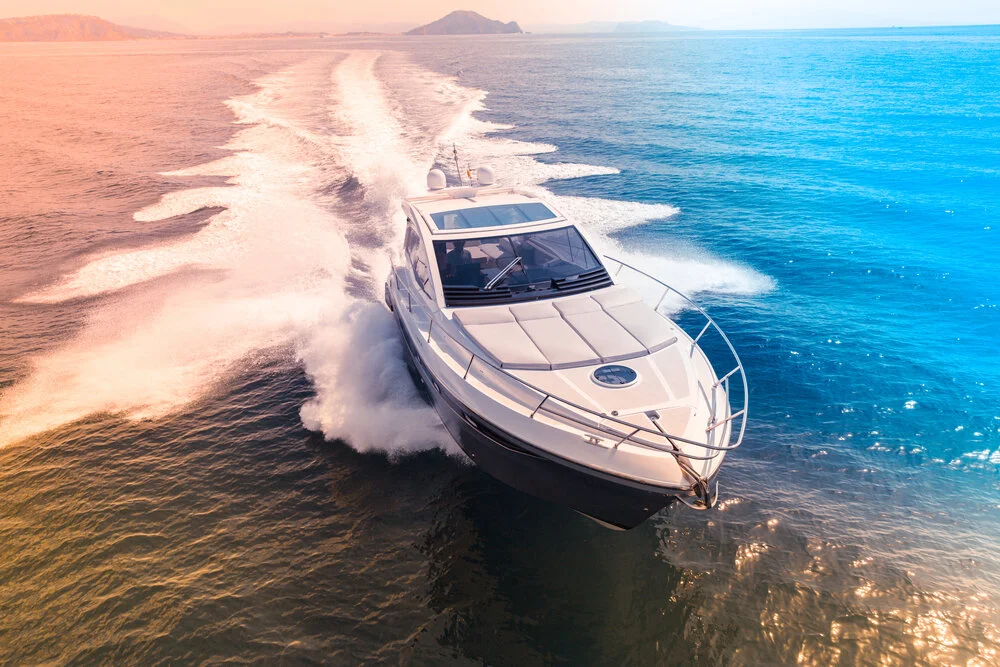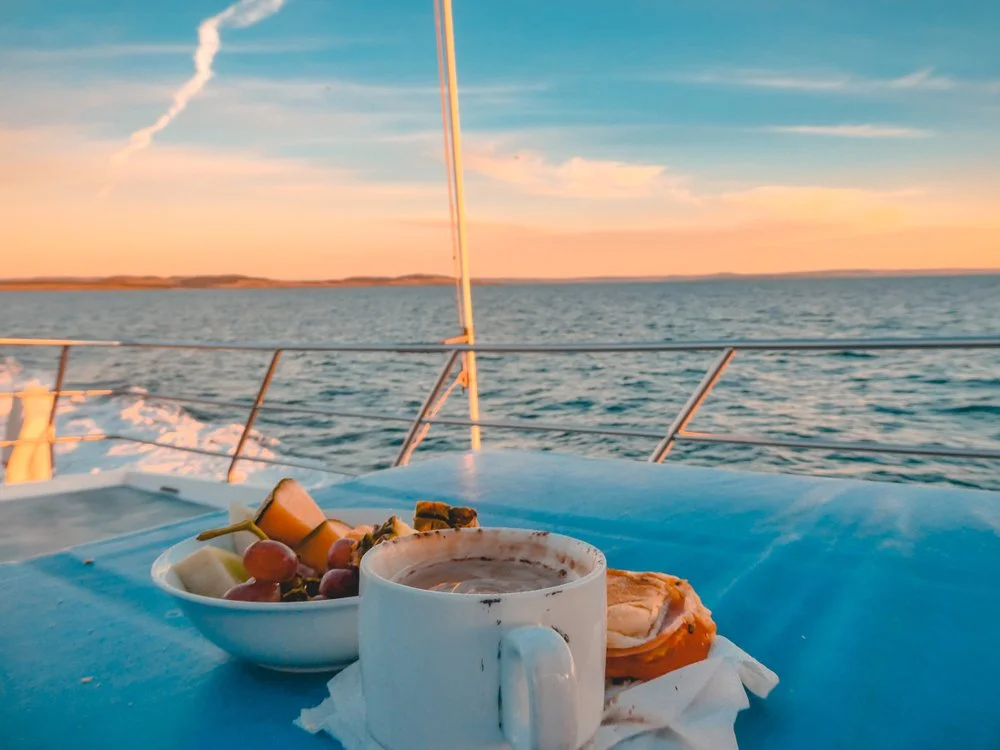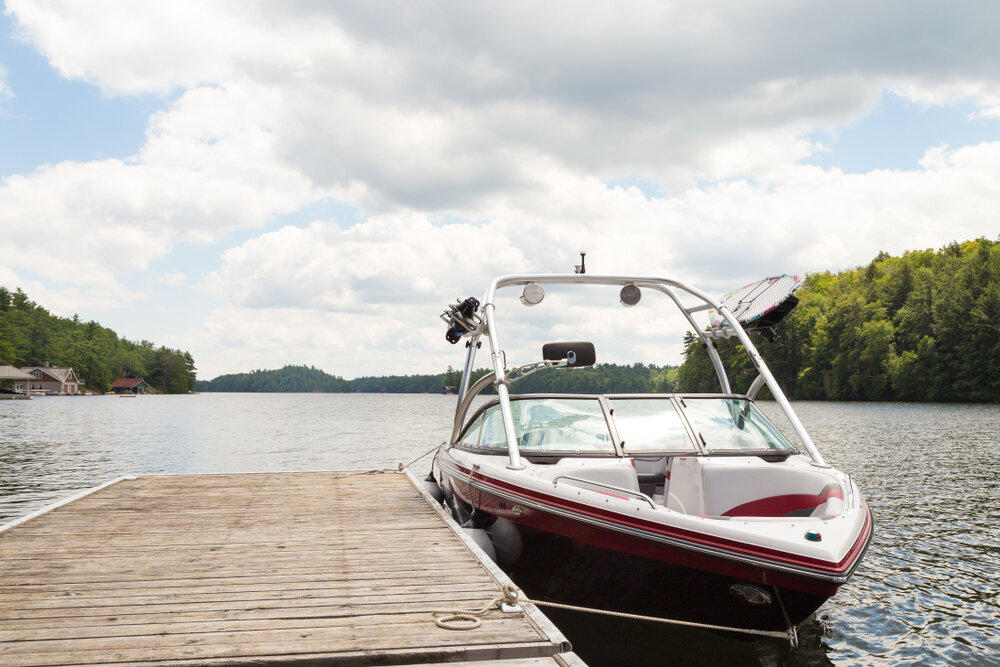There’s something truly magical about watching the sun dip below the horizon from the deck of a boat.
Tidal Planning for Safe Boating in Northeast Florida
Navigating the Intracoastal Waterway Like a Local
Best Dock-and-Dine Spots in Jacksonville
Tidal Timing 101: How to Plan Your Jacksonville Boat Trip Around the Tides
If you’ve spent any time on the water in Northeast Florida, you know that the tides aren’t just background scenery—they’re the heartbeat of every boating adventure. From fishing to cruising, docking to dolphin watching, the rise and fall of the water shapes your experience on the St. Johns River and along Jacksonville’s coast.





